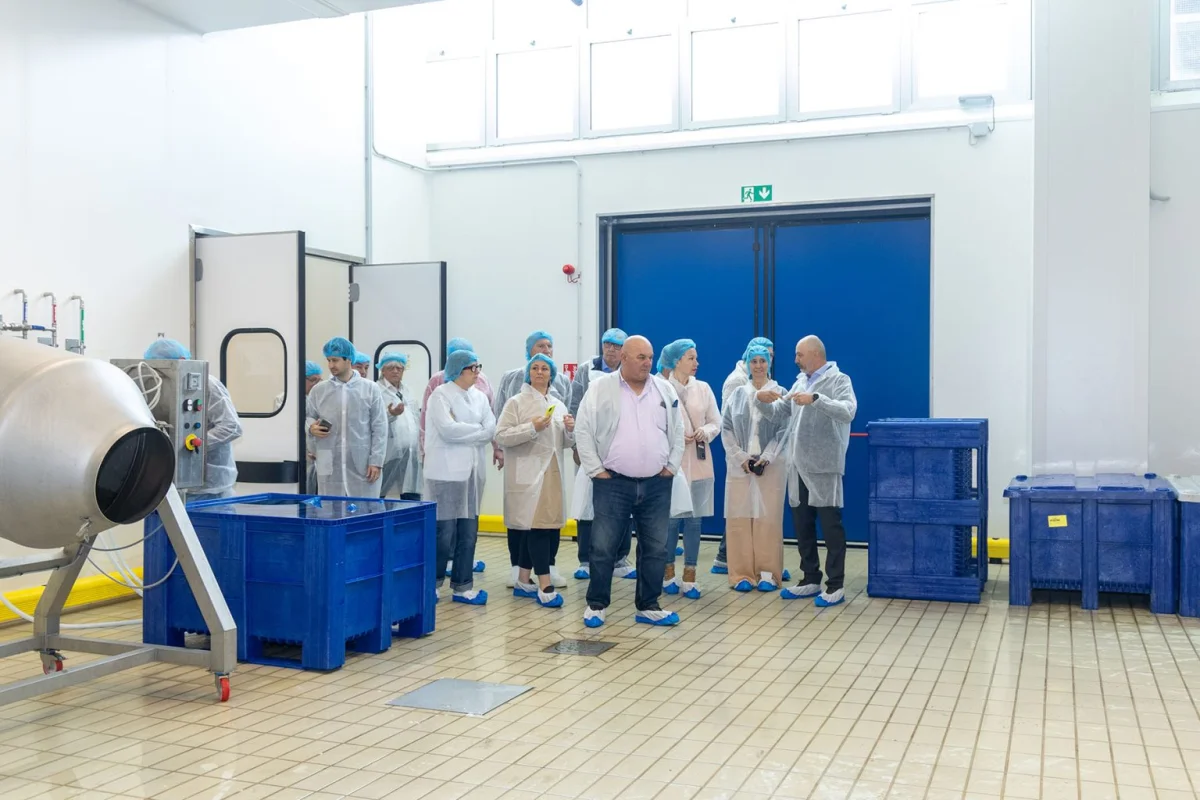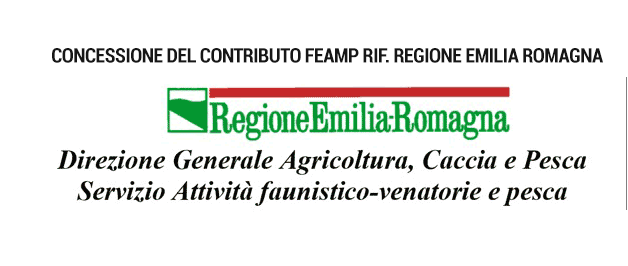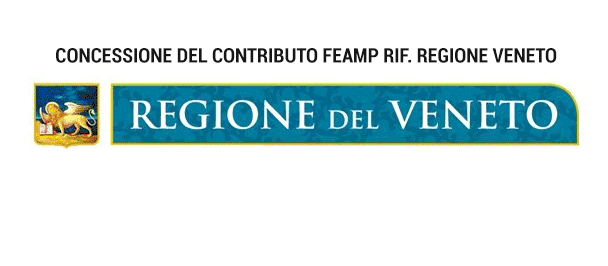

In Ariano Polesine, the historic company specialized in fish preserves has reopened
Until January 2023, the Mancin Nadia brand was synonymous with fish preserves. A brand backed by forty years of history that began in a home-based laboratory where mother Nadia processed the catch – mainly eels and anchovies – of local fishermen in the area in front of the Po Delta. A company that in four decades managed to reach a top position in the production of fish-based specialties and in the processing and marketing of seafood, a position that led it to become an excellent partner of the most important players in the large-scale retail trade and the Horeca channel.
Mancin Nadia rises from the ashes of the fire
Then came January 2023. The fire that completely destroyed the Ariano Polesine (Rovigo) plant, incinerating in a very short time machinery, food stocks, and the work of a lifetime. From that moment, the story becomes another: the story of a company that, with courage and dedication, like the Phoenix, literally rises from its own ashes. Of a family – the brothers Marco, Michele and Fabio De Agostini – who, strong in the teachings of father Martino and mother Nadia, who passed away in 2024, instead of crying over the smoking ruins of the company or waiting for the insurance compensation, immediately rolled up their sleeves, knocked on the doors of the Institutions and local lenders, asked for and obtained trust and, within a couple of years, put everything back together, almost as if nothing had happened. Of an employer who, even when the warehouses are charred ruins, does not leave a single one of his 40 employees behind, keeping them all on full salary, without layoffs or other forms of support. The rest is recent history: after two years of intense work, the Mancin Nadia plant has finally reopened, bringing back to the market the brand's high-quality products, 6,000 square meters (a thousand more than the previous facility) housing the best latest-generation technologies used according to an even more efficient and sustainable production model. The core business? Always the same: fish preserves. Yes, because here in Polesine, where the horizon is so flat that the embankments look like mountains and the canals double as roads, fish and seafood processing is an ancient art, handed down from generation to generation.
The product ranges
At the De Agostini family's home, fish has a very specific brand: Marinsieme, the brand that encompasses the company’s three product lines. First of all, the Marinated line, expert preparations that include a wide selection of appetizers such as marinated anchovies, seafood salads, tuna-stuffed chili peppers, baby cuttlefish in green sauce, and much more. To this historic line, the new course of Mancin Nadia has then added a second range of products: Gastronomy. Recipes closely linked to the territory but also to the Italian tradition of seafood cuisine, developed in collaboration with chef Fabio Tacchella. Ready-to-eat dishes, intended for both deli counters inside large-scale retail stores and the Horeca channel, classic, corporate, and collective catering, such as mussels marinara, baby cuttlefish with peas, Sardinian fregola with a taste of the sea, and Taranto-style mussels. And finally, the third side of the coin—or better, given the topic—the third valve of the shell: the Frescovivo line, which includes mollusks – mussels, clams, lupins, scallops, and oysters at sub-zero kilometers – coming from the nearby M.Gi.B. nurseries, the family’s second company specialized in breeding and aquaculture, carefully selected and ready to be displayed on fish shop counters in traditional net packaging.
Every day, about 15 tons of fish raw materials from all over the world are processed at the Mancin Nadia plant, all rigorously certified according to the strictest protocols such as those of the MSC – Marine Stewardship Council. Supporting this production volume, which has already reached pre-fire levels and aims for an annual turnover of 20 million euros, is a cutting-edge structure, with an automated warehouse of 50,000 pallet spaces—one of the first of its kind in Europe—equipped with a radiofrequency defroster capable of maintaining the organoleptic properties of the catch intact, with heat recovery in a circular economy perspective that powers a floor heating system. And then a latest-generation oven for optimizing production flows, thanks to the new spaces and machinery that help further reduce waste, improve workplace safety, and increase staff well-being.
A technological advancement that also looks to sustainability: in fact, if Mancin Nadia was one of the first companies in the sector to invest in renewable energies, it has all the more wanted to equip the new plant with a photovoltaic system covering 4,000 square meters, capable of producing over 400,000 kWh per year— a choice that, in addition to guaranteeing the company energy self-sufficiency, ensures a reduction of 178,000 kilograms of CO₂ and strengthens the company’s commitment to the fight against waste. And so, where two years ago everything seemed lost in a blaze of fire, today life resumes, work resumes, with more enthusiasm, more trust, and more attention to the environment and the well-being of workers than ever before, always and in any case in the name of quality and competence.
Do you want to get in touch with us?
Write to us by filling out the form below.


